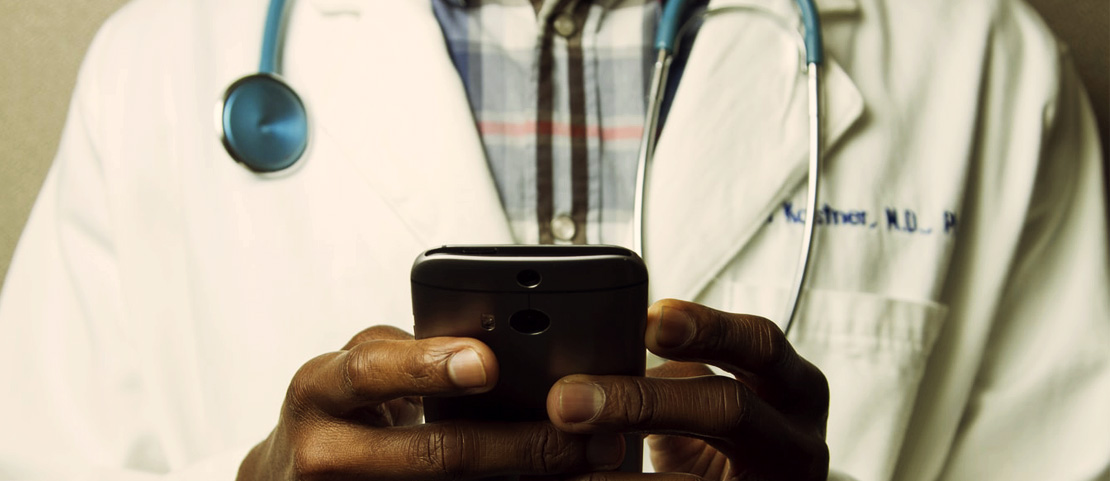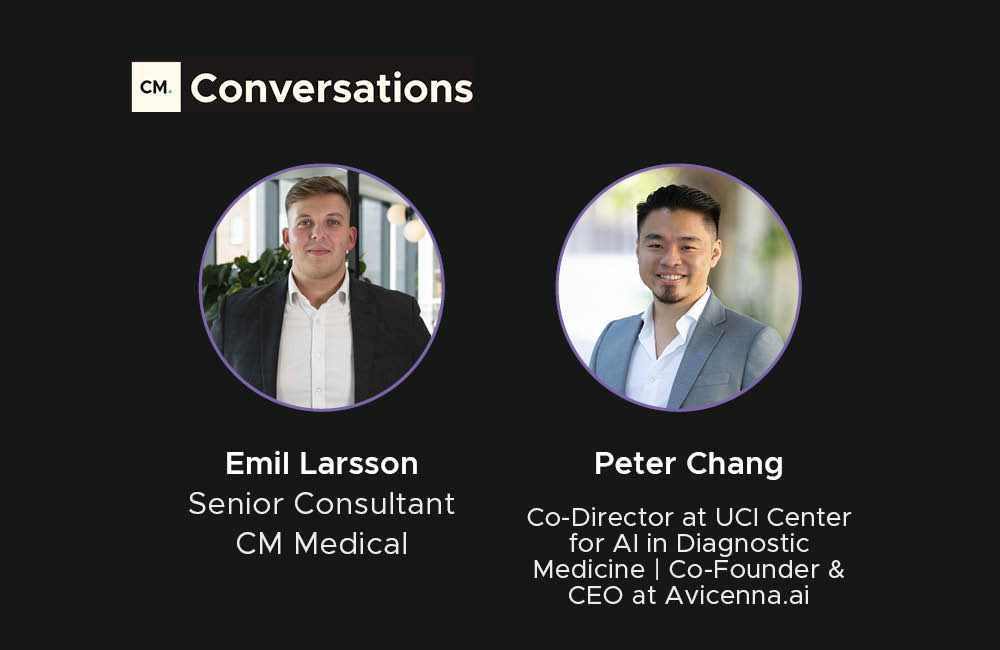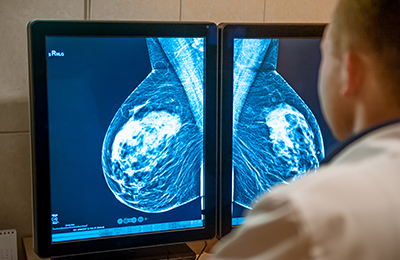

3 Ways Digital Health is Changing the Game
COVID-19 has rocked the world, and even as some countries have started to lift lockdowns, others are still experiencing peak infection rates. Everyone is desperate to get back to some sort of normality, but in some areas the ‘new normal’ will be very different from the reality we last experienced at the end of 2019.
Healthcare systems have borne the brunt of the virus, experiencing unprecedented pressures which has seen them need to be innovative in the way they’ve tackled demand. This has led to a surge in popularity for the broader digital health sector thanks to the ability it provides to alleviate pressure on scarce resources and maximise patient care with minimal travel & physical interactions.
For this article, I’ve looked into three key areas of digital health, all of which promise to continue having a huge impact on the future of healthcare in a post-COVID 19 world.
Virtual Care
The clue’s in the name with virtual care. Technology in this area enables doctors to see a patient virtually, eliminating the need for travel to hospitals in all but the most urgent cases. It can be used across a wide range of disciplines including behavioural health, mental health, outpatient appointments, audiology and others.
A recent report from Frost & Sullivan anticipates the post Covd-19 telehealth market forecast of 64% growth versus the anticipated 32% pre-COVID-19 with a 100% growth in adoption. This is an astronomical rate of growth, the likes of which we’ve never seen before in such a specific segment of the market.
A virtual appointment sees patients and doctors making contact via digital platforms for an initial appointment, meetings, consultations or to gain access to second opinions. It’s also a fantastic way to access patients in hard-to-reach locations and to treat those with chronic conditions like diabetes and hypertension. Those patients in particular are a group who traditionally experience unnecessary, hospital visits.
Thanks to the popularity of virtual health, it’s no surprise that the stock price of companies like Teladoc are soaring alongside interest in private players like MD Live, American Well and Babylon Health. As yet, virtual health platforms are limited to certain types of consultations or screenings, but as the technology continues to evolve, we’re sure to see even wider spread adoption of this technology.
Remote Health Monitoring
Patients have traditionally been passive bystanders when it comes to their own care. However, as wearable technology has become more widespread, healthcare providers have started to notice the benefits of involving patients in their own treatment plans.
That’s where remote health monitoring comes in. It allows information like patients’ heart rate, blood pressure, oxygen levels and sleep quality to be constantly monitored, even when the patient is at home. This means patients can often be discharged earlier and the rate of unnecessary readmissions or follow up appointments declines.
It also means more space should be created for necessary appointments, if the healthcare professional notices a decline in the patient’s condition.
There are a few companies looking to capitalise on the new found potential of monitoring patients remotely. Software company Dignio have created a connected care solution as they look to bridge the gap between patients and healthcare professionals. Their patient-centric platform offers a range of remote monitoring, telehealth & self-management solutions which drive up the quality and efficiency of care provided for patients within the comfort of their own home. A market leader in their native Norway and with big plans for a UK expansion, Dignio are a key player to watch in this space.
US/Israeli company Datos Health have created a fully automated remote care platform designed to connect patients with medical sources of care from their homes. The information they collect allows healthcare professionals to predict, as well as monitor, adverse medical events which then facilitate early medical intervention.
They’ve also harnessed their technology to help the fight against coronavirus, using the tech to monitor patients at home, facilitating virtual care for hospitals and using that data to provide large scale health organisations with aggregated reports of COVID-19 quarantined and positive patients.
Another company making waves in the remote monitoring space is Current Health. They’ve developed a sophisticated, wireless wearable device which facilitates continuous monitoring for high-risk patients as well as an ecosystem of peripheral devices for those at lower risk. Physicians can pick and choose the best solution for patients, who can then monitor their own care thanks to templated daily symptom check ins.
Current have also realised the potential for treating COVID-19 patients remotely, facilitating increased hospital capacity as low-acuity patients can be continuously monitored from home.
Personalised Healthcare
Until very recently, medical professionals have had no choice but to paint with broad strokes when it comes to treatments. Clinical trials, for example, are carried out on what should be a cross-section of society in the hope that the vaccine or treatments developed for a certain condition will provide the greatest benefit for the greatest number of people.
This model has seen doctors having no choice but to treat the condition rather than the patient, and it’s only with the advent of personalised healthcare that this is beginning to change. As more and more data is becoming available, personalised or precision medicine is becoming a reality.
This means personalised treatment for individuals and taking into account factors like age, gender, race and genetic factors to create the most effective treatment plans.
In future, we’ll hopefully discover that a treatment that works for one person doesn’t for another, then be able to create them their own super-bespoke care plan instead. The key to doing all of this is capturing and interpreting big data effectively.
Some companies have started to emerge which enables patients to harness this data, some of which could have been supplied by the providers I’ve already mentioned in this article.
GYANT have created a chat-based product which uses AI to collect and analyse patients’ medical history before giving advice, helping that patient navigate the increasingly complex healthcare offerings available today. A user of Gyant receives a disposition, selfcare advice or a referral to the appropriate care setting that suits them specifically.
The healthcare provider also receives a fully populated chart, reducing the traditionally cumbersome administrative workload. After the appointment, GYANT reaches out to the patient automatically with diagnosis-specific follow up protocols or pre-surgical advice.
Apixio are specialists in data science and extract data directly from Electronic Health Records (EHRs) to help make chart acquisition “simple, reliable, secure and repeatable”. Apixio’s credentials in this area mean that they are able to mine unstructured data to spot trends and insights specific to chronic conditions. This then enables physicians to deliver better care.
Flatiron Health are using their big data interpretation skills to focus on, and connect, cancer treatment centres across the USA. Their Oncology Cloud platform consists of a number of technological solutions to create what they call the world’s largest single source of structured real world oncology data and intelligence. By enabling and facilitating the pooling of that data, Flatiron hope to facilitate truly personalised cancer care, which promises to impact the lives of millions of people in the US and elsewhere.
These three areas are exciting in their own right, but it’s when they are combined that digital health promises to realise it’s potential as a game changer for global healthcare. I’m a passionate advocate of the digital health space globally and feel privileged to be exposed to so much innovation on such a regular basis. Knowing that we’re only just scratching the surface of the potential of digital health is cause to be even more excited about the future.
I’m working with a number of growing digital health businesses and exceptional talent in the space. If you’re looking for a role, or would like to build out your team in partnership with a specialist, get in touch with me directly at ryan.gillon@medical-cm.com
You can find more information on the companies featured by clicking the following links:
Virtual Care
Teladoc, MD Live, amwell, Babylon Health
Remote Health Monitoring
Dignio, Datos Health, Current Health
Personalised Healthcare
GYANT, Apixio, Flatiron Health
Recommended.

What Does Consumer Neurotech Innovation Mean for the Medical Device Industry?
Integrating systems into the human brain to control our everyday devices may seem very ‘Black Mirror’, but thanks to modern neurotechnology it's quickly becoming reality. Click to find out more.

How to Master Reimbursement in Medical Devices & Biotech.
In this live webinar, hosted by CM Medical, we went in search of expert reimbursement advice - speaking to Deborah Rizzi and Steven Haken of Odelle Technology.

How to Stand Out in a Saturated AI & Medical Imaging Market.
We asked an expert at an innovative medical imaging start-up about how they had overcome this challenge. Click now and listen to what they said.

Comments.